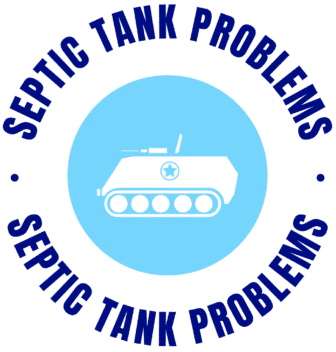There are many reasons for blockage to happen in a septic system. Even with everything functioning properly things can still go wrong. For example, you may be using septic additives and they are working but unfortunately its not a strong enough dose. So larger particulates may enter the drain field without a problem. Better yet. What if you happen to have a water softener. The once hard water that you had in the past is softer water that is easier to use in your everyday tasks. But what is the by product of the water softener? Hard water with calcium goes in and softer water with salt comes out. What happens with all of the salt from the discharge? It typically goes into your septic system. Knowing that, is it true that salt can cause blockage in a drain field? Why is this a reality?
Bacteria in the septic tank are living organisms that need to be taken care of so that the wastewater treatment could push through smoothly. You should know how salt can cause blockage in a drain field. Salt enters the septic tank with the use of water softeners. Many households are plagued by hard water. When you use hard water, your washing chores are not finished on time. Hard water is made up of magnesium and calcium that make it difficult for detergents or soaps to lather up. This type of water makes slimy scum out of the soap that you use. This clogs your drains, sinks, dishwashers, and washing machines. Hard water also makes you use more water. When you do this, you increase the septic’s water load. This stirs up the solid waste particles in the tank. The anaerobic bacteria have a hard time breaking down the solid waste particles. As a result, they float around and clog the tank. They even get pushed into the drain field, causing blockage to form. To handle the hard water problem, homeowners use water softeners to make water usable. With the use of water softeners, you could save on water, soap, and money. This hard water treatment process makes it more practical for homeowners because of the savings they get.
Water softeners contain sodium carbonate or salt. The positive ions in salt take the place of the positive ions in the magnesium and calcium. The magnesium and calcium ions get flushed out while the salt ions stay in the water so that you could use it effectively. The salt in the water supply is said to bring harm to the resident bacteria in your septic system. Experts say that freshwater organisms like your anaerobic bacteria will die off once they come in contact with salt water. This is just what happens when you use water softeners excessively. When salt kills off the bacteria in your septic system, the solid waste particles will not be broken down properly. Excess sludge and waste will just accumulate in the tank. Eventually, they will be pushed into the drain field and clog it. It could help the situation if you ask for your septic expert’s help in dealing with your water softener use. They can add more additives that could maintain the good condition of your drain field.
You should also consider opting for environment-friendly household cleaners and detergents. This will help make sure that the bacteria will not be harmed even more even if you use water softeners. You should also use your drains and toilets properly by not dumping non-biodegradable materials into them. The bacteria in the tank will not be able to degrade them so they will just clog the system including the drain field. Work well with your septic expert so that you could have an efficient wastewater system for decades to come. Your drain field should be well-maintained to assure the longevity of your entire system. It indeed would be very helpful and practical if you have your septic expert helping you deal with your hard water crisis.
